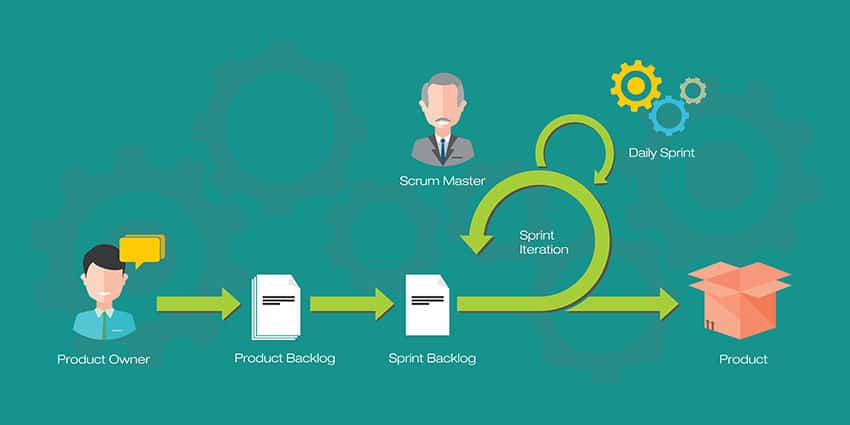The term “analytics” has become a bit of a buzzword in the business community. Lean leaders and business managers are expected to make more data-driven decisions and have begun to call on analytics to inform those choices.
Managers now examine data for everything from marketing initiatives to sales campaigns to cashflow reports and more in order to measure their business’ success. In a world where we’re surrounded by mountains of such data, analytic reports exist to condense everything into a digestible document. Generally, these reports break down the statistics, analyze trends and/or offer insights on behaviours of the targeted demographics (whether it’s consumers or other businesses).
But not all reports are created equal. Depending on the kind of data you’re seeking, the standard reports often only scratch the surface when it comes to identifying trends and looking for ways to improve or streamline processes.
Standard Reports: Great for Surface-Level Data
As a manager, if you’re just now taking the leap into examining analytics, standardized reports are sometimes enough for you to get the information you need. They offer a glimpse at what’s going on and can help you figure out the who, what, when and where for a particular campaign or initiative.
But do you need the “why” to get at the heart of what you need to make your business decision? In that case, a customized report might be a better fit for your needs. Custom reports delve deeper into the analytics to allow you to pull out information on how processes are working and why they are or aren’t leading to the desired results. Having that kind of robust information at your fingertips can make it much easier to duplicate successes and move forward when things simply aren’t working.
Custom Reporting: Every Team Defines Success Differently
Another reason customized reporting is a valuable feature for many organizations is that not everyone defines “success” in the same way. Every company (even every department) has individualized goals and strategies to meet them.
For example, when looking at basic website analytics, do you define success as a 30-per-cent jump in page views year over year? Or do you instead define “victory” as a change web architecture leading to a spike in customer conversions through the website?
Obviously many teams need the ability to customize their analytics reports in order to figure out what success looks like for their particular project or initiative.
Did you find this management tip helpful? Leankor’s workflow management tools can help your team become even more efficient. Schedule your one-on-one demo today!






